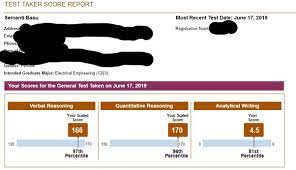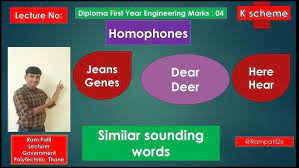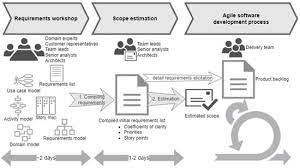Table of Contents
Introduction:
In everyday discourse, the phrase “worked out” serves as a common descriptor for successful outcomes, solutions, or endeavors. However, the English language is replete with synonyms that offer subtle variations in meaning, connotation, and emphasis. This article endeavors to explore synonyms for “worked out,” unraveling their nuances and practical applications in diverse contexts. By examining synonyms such as “resolved,” “achieved,” “accomplished,” and others, this article seeks to enrich our understanding of language and its role in articulating achievements and successes.

Synonyms for “Worked Out”:
- Resolved: When a situation or problem is “resolved,” it indicates that a satisfactory solution has been reached through deliberation, negotiation, or action. This term conveys a sense of finality and closure, suggesting that the issue has been effectively addressed and concluded.
- Achieved: “Achieved” implies the successful attainment or realization of a goal, objective, or desired outcome. This term underscores the effort, skill, or perseverance required to accomplish something meaningful or significant.
- Solved: When a problem is “solved,” it indicates that a solution has been found to a particular puzzle, challenge, or dilemma. This term emphasizes the analytical or problem-solving process involved in reaching a resolution.
- Accomplished: “Accomplished” conveys the sense of having successfully completed a task, project, or undertaking. This term suggests proficiency, mastery, or competence in achieving desired results.
- Concluded: When an activity or process is “concluded,” it signifies that it has reached its endpoint or final stage. This term implies that all necessary actions or steps have been taken, leading to a definitive outcome or result.
- Realized: “Realized” denotes the actualization or fulfillment of a potential or aspiration. This term emphasizes the transformation of ideas or intentions into tangible achievements or manifestations.
- Fulfilled: “Fulfilled” conveys the sense of satisfaction or contentment derived from achieving one’s goals, aspirations, or purposes. This term emphasizes the emotional or existential significance of reaching a desired outcome.
- Executed: When a plan or strategy is “executed,” it indicates that it has been implemented or carried out successfully. This term underscores the effective deployment of resources, actions, or initiatives to achieve desired results.
Historical and Contemporary Examples:

Throughout history, individuals, organizations, and societies have “worked out” challenges, conflicts, and dilemmas using various strategies and approaches. From diplomatic negotiations and peace agreements to scientific breakthroughs and technological innovations, examples abound of successful resolutions and achievements. For instance, the Treaty of Versailles “resolved” the aftermath of World War I, while the Apollo 11 mission “achieved” the historic feat of landing humans on the moon. In contemporary contexts, advancements in medicine, economics, and environmental conservation demonstrate how collective efforts have “worked out” solutions to complex global problems.
Practical Implications:

The choice of synonym for “worked out” can have practical implications for communication, perception, and interpretation. Depending on the context and audience, certain synonyms may convey specific nuances or connotations that shape how achievements or successes are perceived and evaluated. For instance, using “resolved” may imply a diplomatic or negotiated solution, while “achieved” may emphasize individual or collective agency in reaching a goal. Moreover, the tone and register of language can influence the emotional impact of the message, whether it is formal, informal, celebratory, or matter-of-fact.
Conclusion:
In conclusion, synonyms for “worked out” offer a rich tapestry of expressions for describing successful outcomes, resolutions, and accomplishments. Whether “resolved,” “achieved,” “solved,” or other alternatives, each synonym carries its own nuances and connotations that shape how achievements are articulated and perceived. By understanding the subtle differences between synonyms and their practical implications, communicators can effectively convey the depth and significance of achievements in diverse contexts. Language, as a tool for expression and connection, plays a pivotal role in shaping how we celebrate successes, overcome challenges, and navigate the complexities of human experience.
For More Information Please Visit These Websites Mindmeister And arturia

